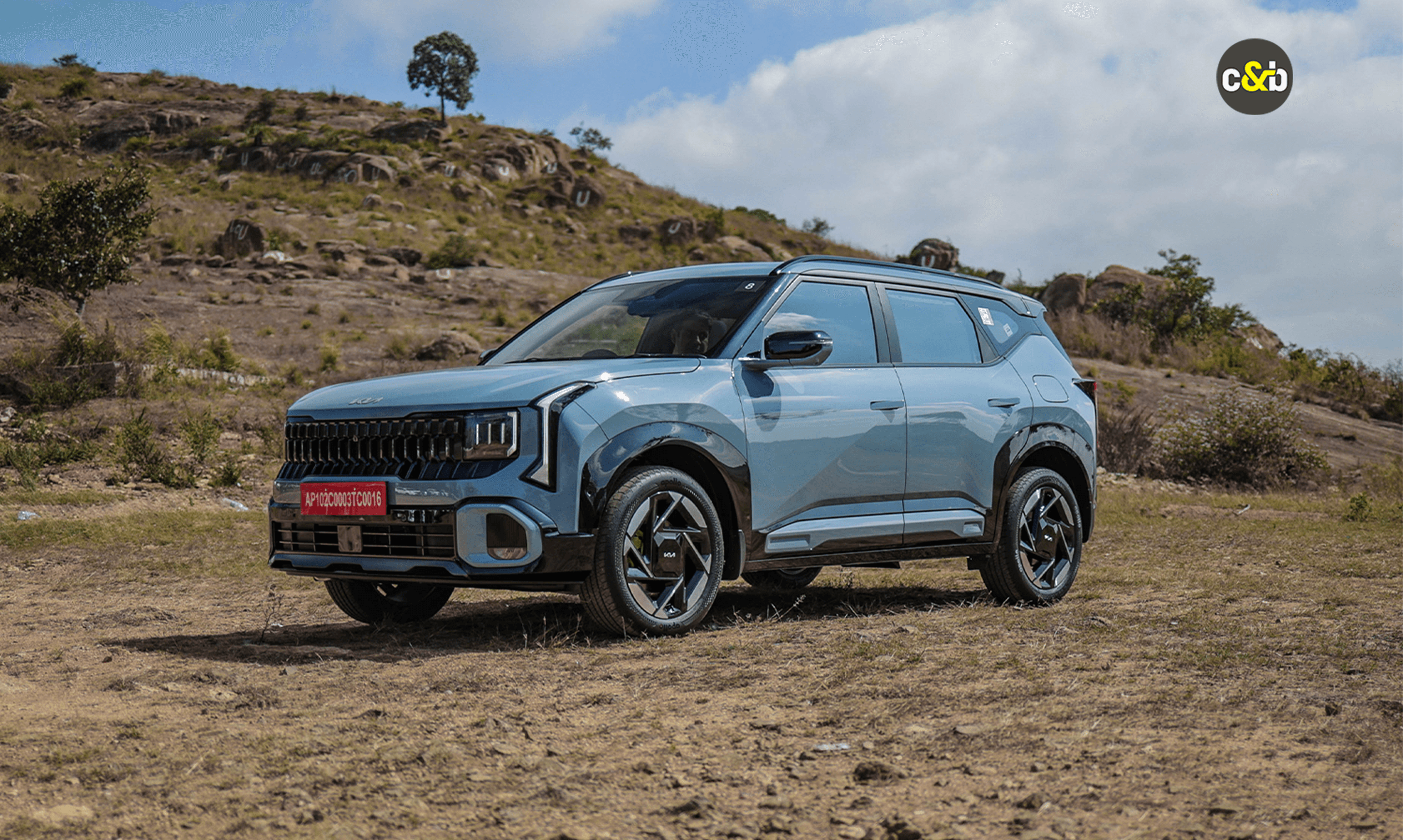


Up until now, Tata Motors used battery packs developed in-house by Tata AutoComp Systems with battery cells sourced from Gotion
Ever since the company launched Nexon EV in 2020, Tata Motors has been using battery packs developed in-house by Tata AutoComp Systems. However, that lineage has been broken in favour of establishing a multi-sourcing strategy that mitigates dependency on a single supplier. The recently launched Curvv EV gets battery packs sourced from Chinese company Octillion Power Systems.
Tata Curvv EV Battery Pack From Chinese Company
This is not the first time Tata Motors has partnered up with Octillion Power Systems which has a manufacturing base in China. Tata Motors has been sourcing battery packs from Octillion for its Starbus EV commercial bus for the past two years. For the first time, Octillion-sourced battery packs have been used in a Tata PV.
Up until now, all Tata Motors PVs came equipped with battery packs made in-house by Tata AutoComp Systems. These battery packs were populated by electric cells sourced from Chinese Lithium Ion battery giant, Gotion, as part of a joint venture between both companies.
Now, the just launched Curvv EV has been equipped with Octillion-sourced battery packs. Interestingly, only the smaller 45 kWh battery pack in MR variants of Curvv EV get the Octillion-sourced battery packs populated by 15.2 Ah cylindrical cells sourced from another Chinese firm called EVE.
While the larger 55 kWh battery pack in Curvv EV continues to be powered by battery packs sourced from Tata AutoComp Systems, populated by 105 Ah prismatic cells sourced from Gotion. Octillion Power Systems has been supplying Tata Motors with its battery pack facility in India with up to 2 GWh capacity.
These developments have been revealed by LiveMint and marks a significant shift from Tata Motors’ practices of sourcing battery packs only from Tata AutoComp Systems. As of now, only the 45 kWh MR variants of Curvv EV seems to be the one with externally sourced battery packs. Economic Times states that these new battery packs from Chinese company will also help Tata Motors address performance issues in their EVs.
Multi-Sourcing Strategy
Tata Motors has revealed that this step is to keep up with the growth momentum that the company is currently on. As per Tata Motors, having a multi-source strategy will prove fruitful for the brand as it hedges supply chain risks, improves competitiveness, strengthens seamless supply of parts and eradicates dependency on a single supplier.
With advent of electric vehicle technology and evolving customer buying trends, there has been a major boost to EV sales in the recent past. Tata Motors seems to be fortifying its supply chain for a seamless manufacturing operation in the future. These measures should prove fruitful when Tata launches more EVs in the coming years.






